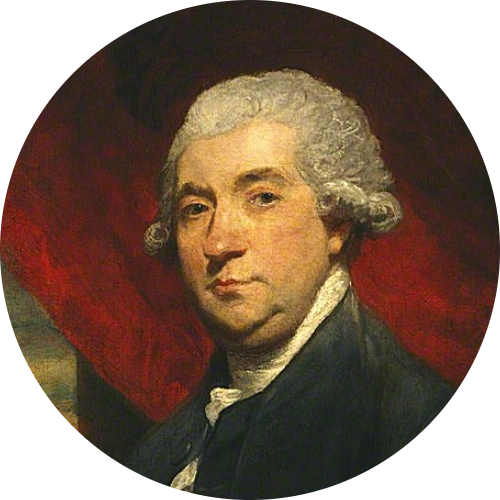Architect. James Craig was the son of merchant William Craig (1695-1762) and Mary Thomson (1710-1790).
In 1759, Craig was apprenticed to the Incorporation of Wrights and Masons in Edinburgh. He was discharged in 1765 without sitting his exam and formally entering the incorporation, and instead set himself up as an architect. In 1766, Craig entered the competition to plan the New Town of Edinburgh, intended to ease overcrowding in the Old Town (the medieval Royal Burgh of Edinburgh). His scheme won the competition and was formally adopted by the town council in July 1767. Construction began soon afterwards, and continued until five years after Craig's death with the completion of Charlotte Square in 1800.
Craig also worked for several other towns in Scotland, designing St Andrew's Church in Dundee in 1769, as well as doing various work in Glasgow from 1781 until 1792.
Craig never married. He died in 1795 and was buried in the family plot at Greyfriars in Edinburgh.
Craig was a contemporary of Boswell's, being of almost the same age (Craig being one year older than Boswell). Both were born in Edinburgh, and they died within a few months of each other in the Summer of 1795. They moved in the same circles, and Sir William Forbes was a close friend and confidante to both of them.
On August 19, 1773, Craig dined with Boswell and Dr Johnson at the house of Dr Robert Watson in St Andrews. He is known to have worked on refurbishing St Salvator's and St Leonard's colleges in St Andrews at the time, which explains his presence in the town. Boswell described the occassion in his Journal of a Tour to the Hebrides as follows:
We all went to Dr Watson's to supper. Miss Sharp, great grandchild of
Archbishop Sharp, was there; as was Mr Craig, the ingenious architect
of the new town of Edinburgh, and nephew of Thomson, to whom Dr
Johnson has since done so much justice, in his Lives of the Poets.
.
